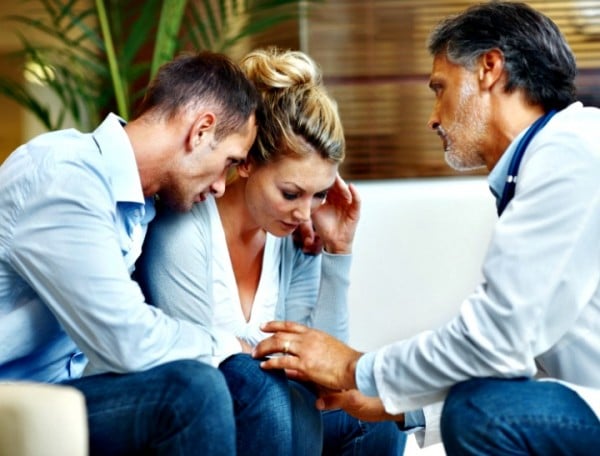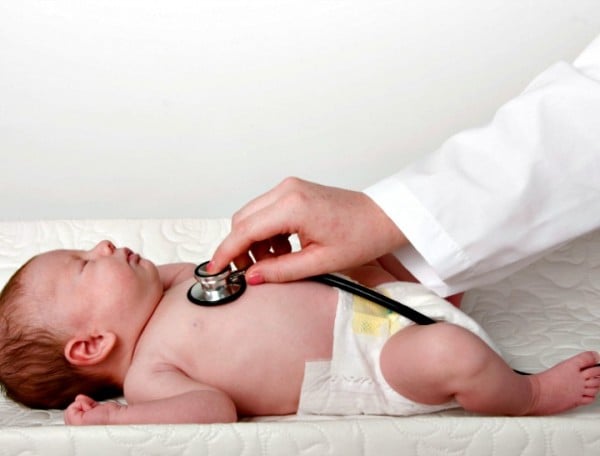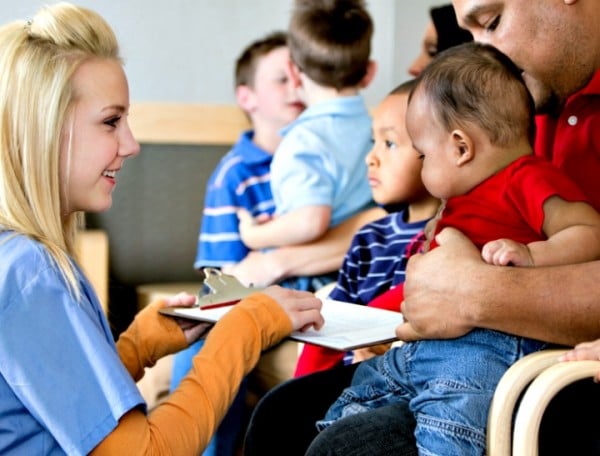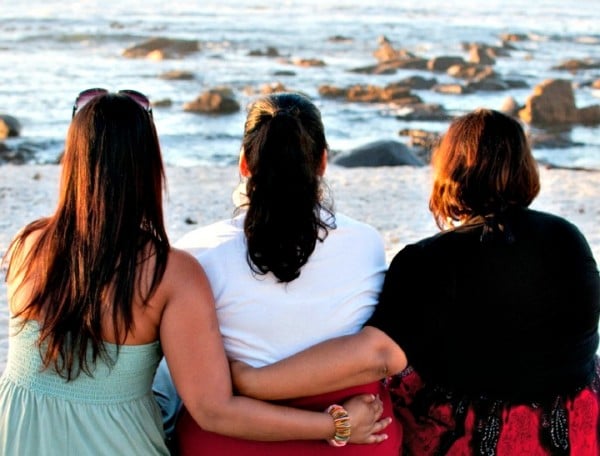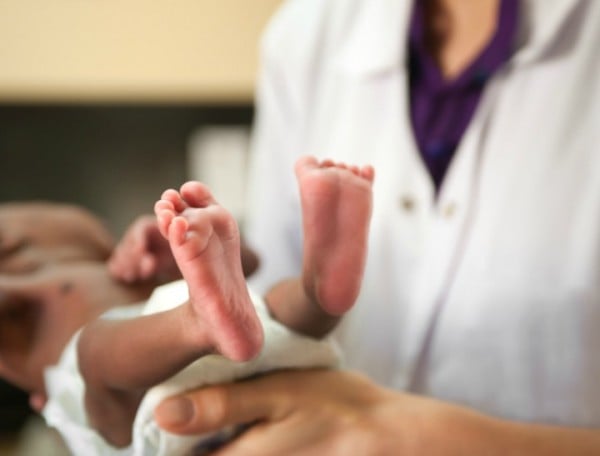
Each of my boys is special. Jeffery Owusu, my eldest, is athletic and handsome. Nudging six foot two, his 16-year-old frame is built for sprinting and shooting hoops. However, his most valued talent is for pulling things apart and putting things together, and he is highly sought after by friends and family on camping trips and in the aftermath of an Ikea shopping bender.
Douglas Asiedu is my middle son. At six years old, he sports a mop of golden brown ringlets and eyelashes that have the power to turn supermodels green with envy. I’m told that in Ghana, West Africa, his name implies an inborn gift for public speaking. True to his name, he started talking well before baby boys are really meant to talk, and has barely stopped since.
Okoe Leonard is my third born. His African name, oh so creatively, means “firstborn twin”. If I’d known then about the medical profession’s obsession with labeling twins according to their birth order, I might have put my foot down and insisted on calling him something different; something that better reflected his good nature, generous spirit and wild sense of humour. But Okoe it was and Okoe it still is, and I have to admit that its strength and lack of pretension suit him well.




